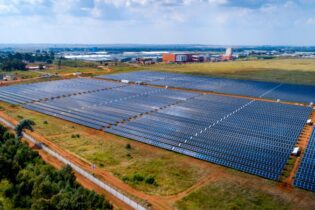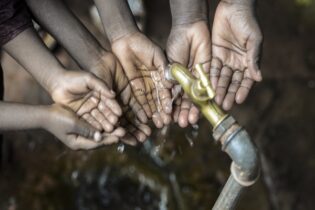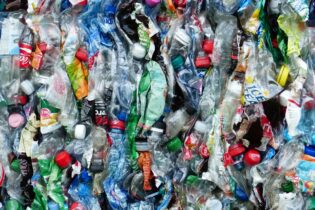The Department of Water and Sanitation in Limpopo has urged stakeholders in the water and sanitation sector to work hand in glove with the government in finding practical and lasting solutions to water and sanitation challenges in the province.
Speaking at a two-day symposium hosted by Vhembe District Municipality this week, the Department of Water and Sanitation Limpopo Provincial Head, Lucy Kobe encouraged all hands on the deck, adding that combined efforts will go a long way in developing a thriving economy in the region and the rest of the province. “We need to unlock the economic potential in pursuit of reconstruction and development of the economy in the district. We need strategic persuasion among ourselves to place water security at the centre of our operations”, she emphasised. The two-day symposium follows a summit hosted by Minister Senzo Mchunu in February aimed at finding lasting solutions that will ensure water security and dignified sanitation services for the country. Kobe, giving the keynote address at the event, reminded delegates that access to water services is a fundamental right enshrined in the country’s constitution and must be responded to with precision. “Vhembe District is a hub to many strategic opportunities because of its rich endowment. A discourse on water security issues is a matter that can no longer be differed further.”Vhembe District has four Local Municipalities, which are Thulamela, Makhado, Musina and Collins Chabane and covers an area of 21 407 kilometre square, where 89.7% of the population reside in rural areas.
The municipality is both the Water Services Authority and the Water Services Provider charged with the responsibility of supplying water and sanitation services to the communities falling within its area of jurisdiction. The Provincial Head mentioned that on average, 73% of households had access to water supply within the municipality in 2019 and in 2021 increased to 73,7% whereby reliability of the water supply decreased from an average of almost 50% in 2019 to 45.4% in 2021. “This should be of concern to us all and I hope that the symposium will come up with plans with tangible targets that should be put in place to improve percentage of access and reliability to water supply by households within the district.” She also encouraged Councillors to exercise their oversight roles to the implementation of the said plans.






